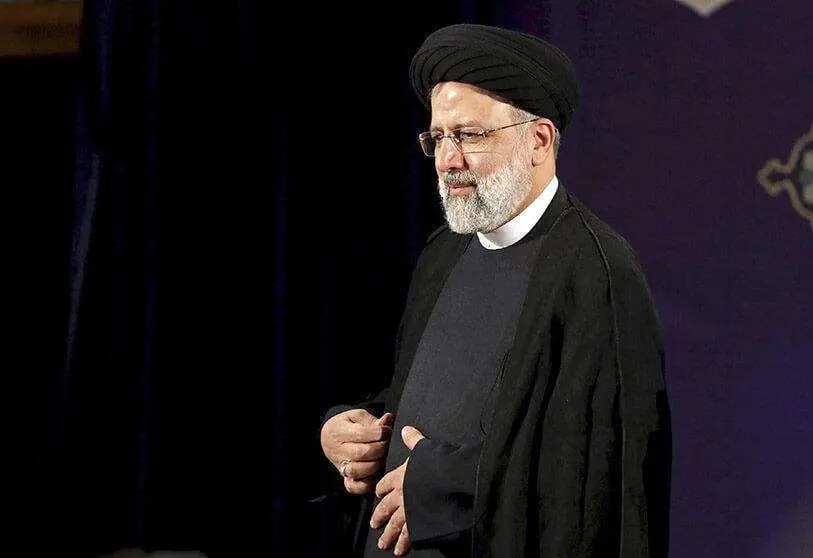Iran threatens Israel with a new "suicide" drone

In the midst of negotiations to return to the Nuclear Deal, Iran continues to develop new weapons at a time when the region is experiencing a growing arms race.
This time, the Iranian military has unveiled the creation of the "Arash-2" drone, a suicide drone that it has announced has the capability to reach the Israeli cities of Tel Aviv and Haifa. As reported by General Kiumarz Heidari on an Iranian television programme, the drone was specifically designed "as part of a structure to attack Tel Aviv and Haifa" and threatened to "destroy" these two cities "if the enemy makes mistakes, on the orders of the Supreme Leader of the Revolution Ali Khamenei".

This new drone is itself an upgrade to its previous model, Arah-1, unveiled in 2019, which boasts a flight capability of 2,000 kilometres. At the moment nothing has been specified about the new features of the Arash-2, beyond the fact that it would have been designed to attack Israel, a country with which it maintains a historic conflict ranging from alleged assassinations of Iranian nuclear scientists to cyberattacks and sabotage of ships.
In this sort of covert war, Israel continues to warn of the dangers of a nuclear deal with Iran and has blamed Iran for having "no interest in returning to the Pact".

In response, Iranian Foreign Ministry spokesman Naser Kanani has accused Israel of "playing a destructive role in the negotiations to save the Joint Comprehensive Plan of Action (JCPA)".
Iran has already declared that it is "ready" to cooperate with the International Atomic Energy Agency (IAEA), but has asked the Agency not to be influenced by Israeli pressure. Kanani declared that Iran "is ready to cooperate with the IAEA" but pointed out that the Shiite country "has rights as well as commitments. The agency must commit to a mandate free of pressure, including from Israel", warning that Iran's future policies will be "based on what happens today at the IAEA Board of Governors".

Meanwhile, in a joint statement, the spokespersons of the German, French and UK Foreign Ministers continue to denounce Iran's "lack of cooperation" with the UN body and accuse it of continuing to work on "its nuclear escalation".
For this reason, the three countries have expressed their "serious doubts" about Iran's real intention to reach a common point after 18 months of negotiations. Thus, in the communiqué, they noted that "in view of Iran's failure to bring an agreement to the table, we will consult with our international partners on how best to deal with Iran's continued nuclear escalation".
For Kanani, however, this statement by Western countries denotes a "lack of constructive spirit", and he considers it "contrary to a gesture of goodwill".

Meanwhile, Iran continues to warn that it has the capability to "create a nuclear bomb". This was also warned in a report by the IAEA, to which EFE had access, after confirming that the Iranian country has increased its stockpile of enriched uranium by 55.6 kilos in three months, which would translate into 60%, a purity with which, according to the report, atomic bombs could be made.
Moreover, the IAEA has complained that its verification capacity has been affected because, upon its arrival, Iran disconnected surveillance cameras at nuclear facilities and ordered to limit its inspections, which affected its work in gathering the necessary information.








